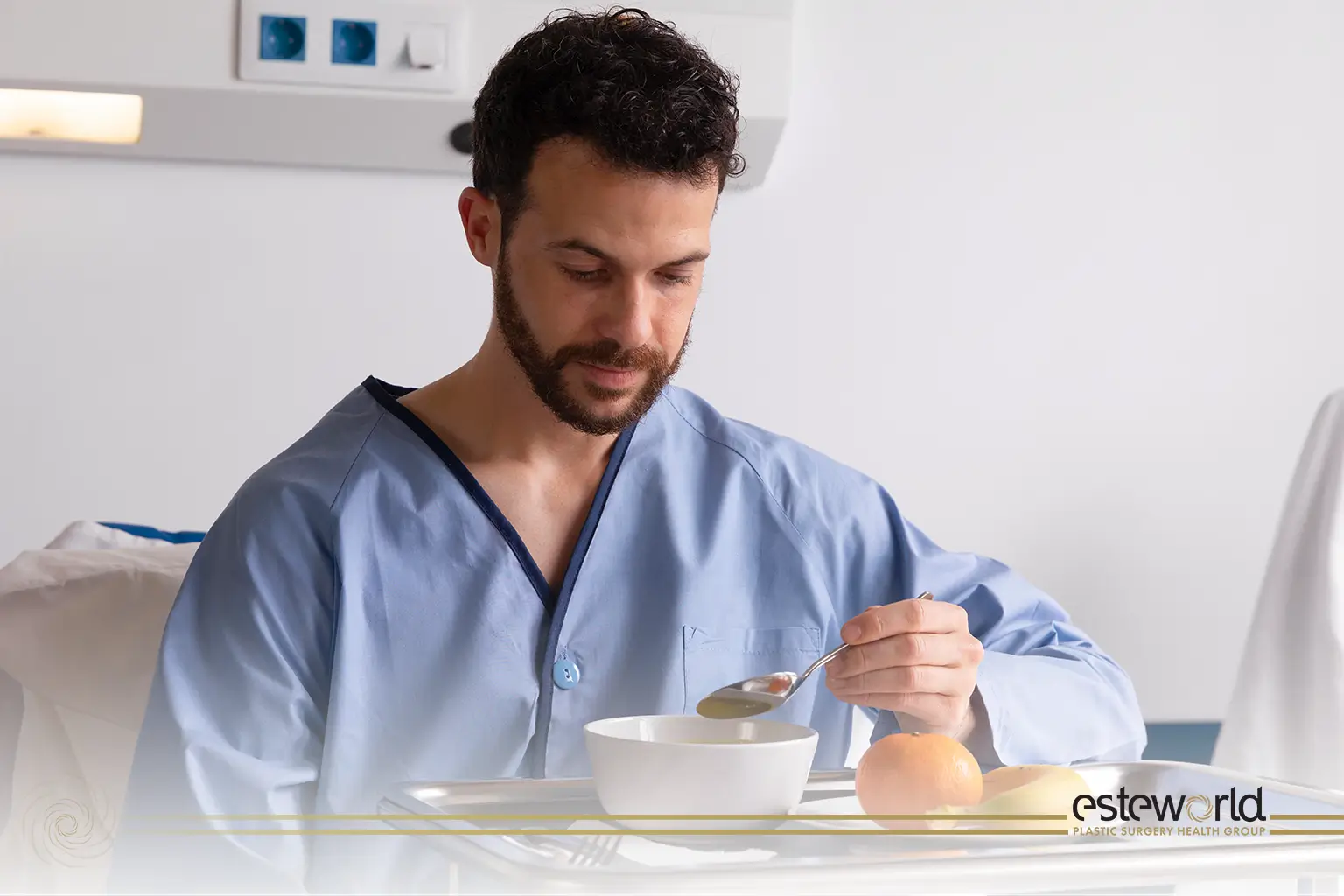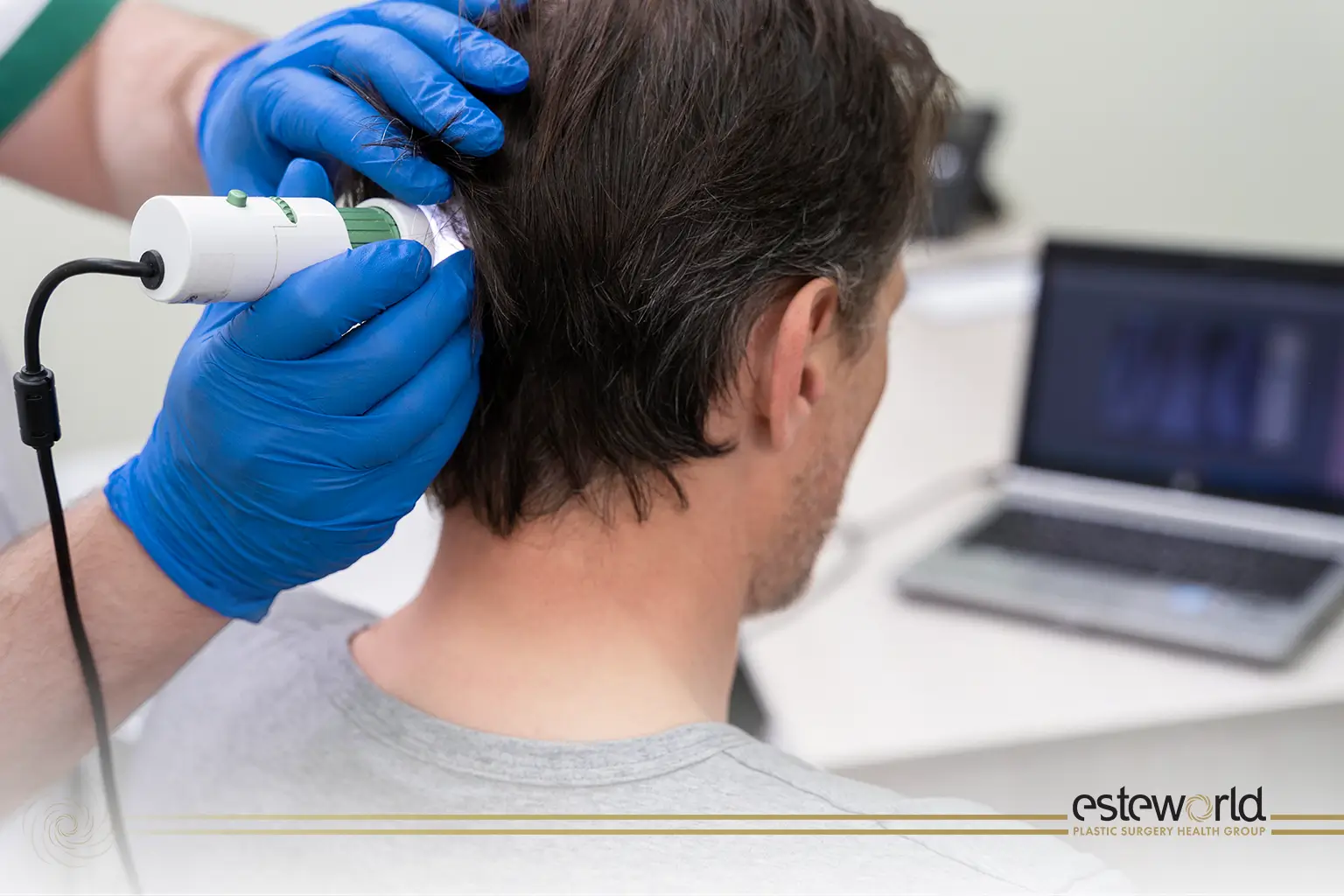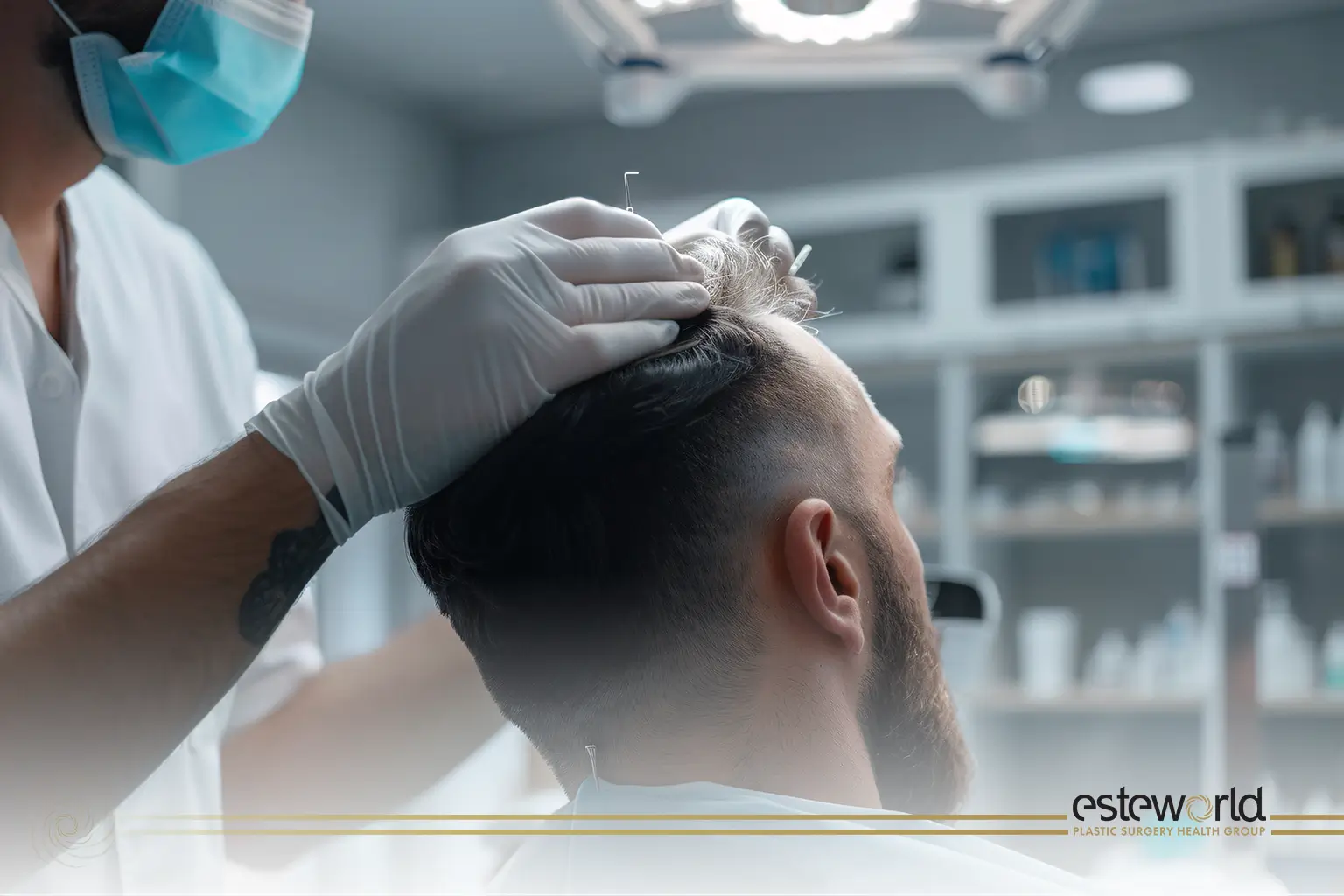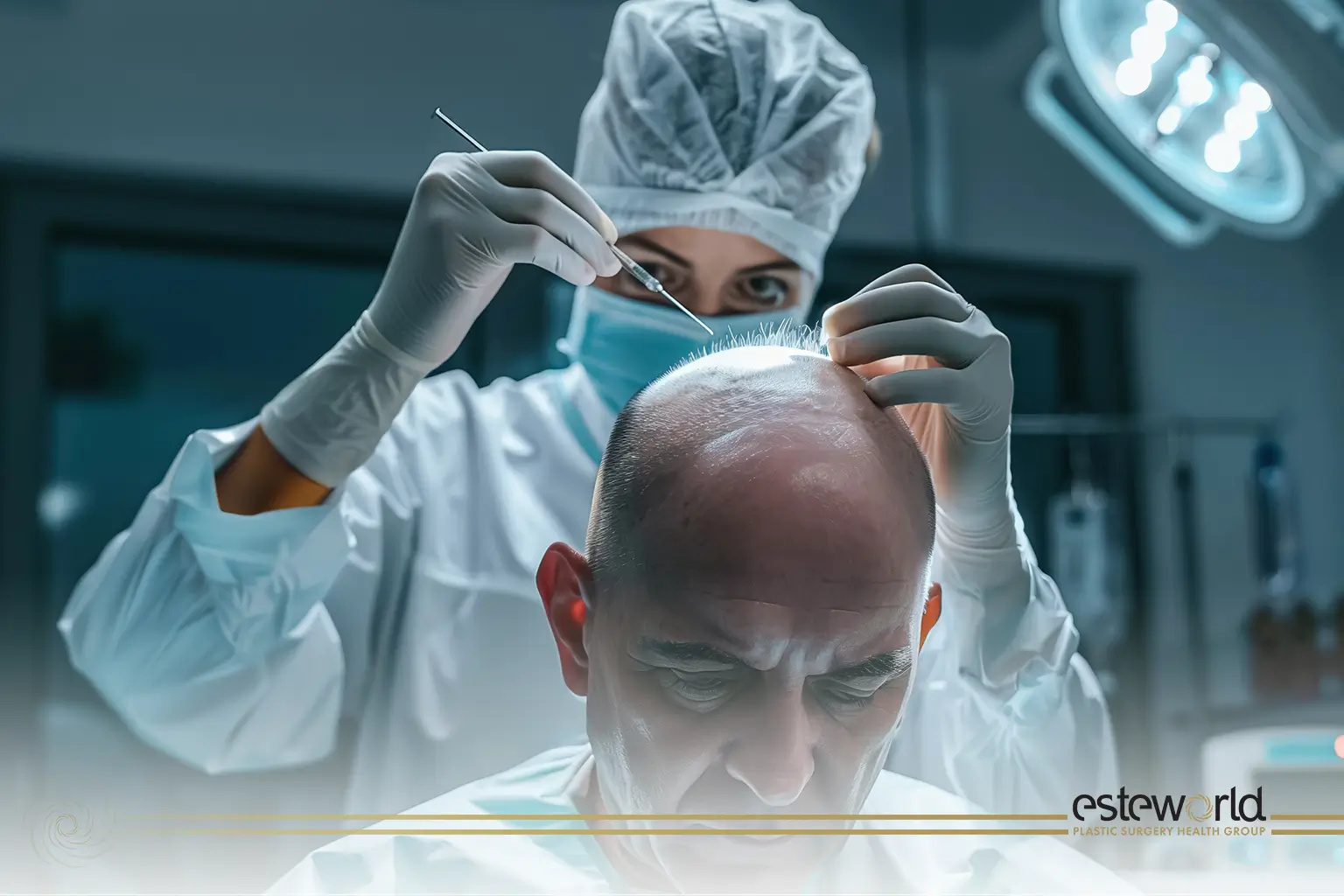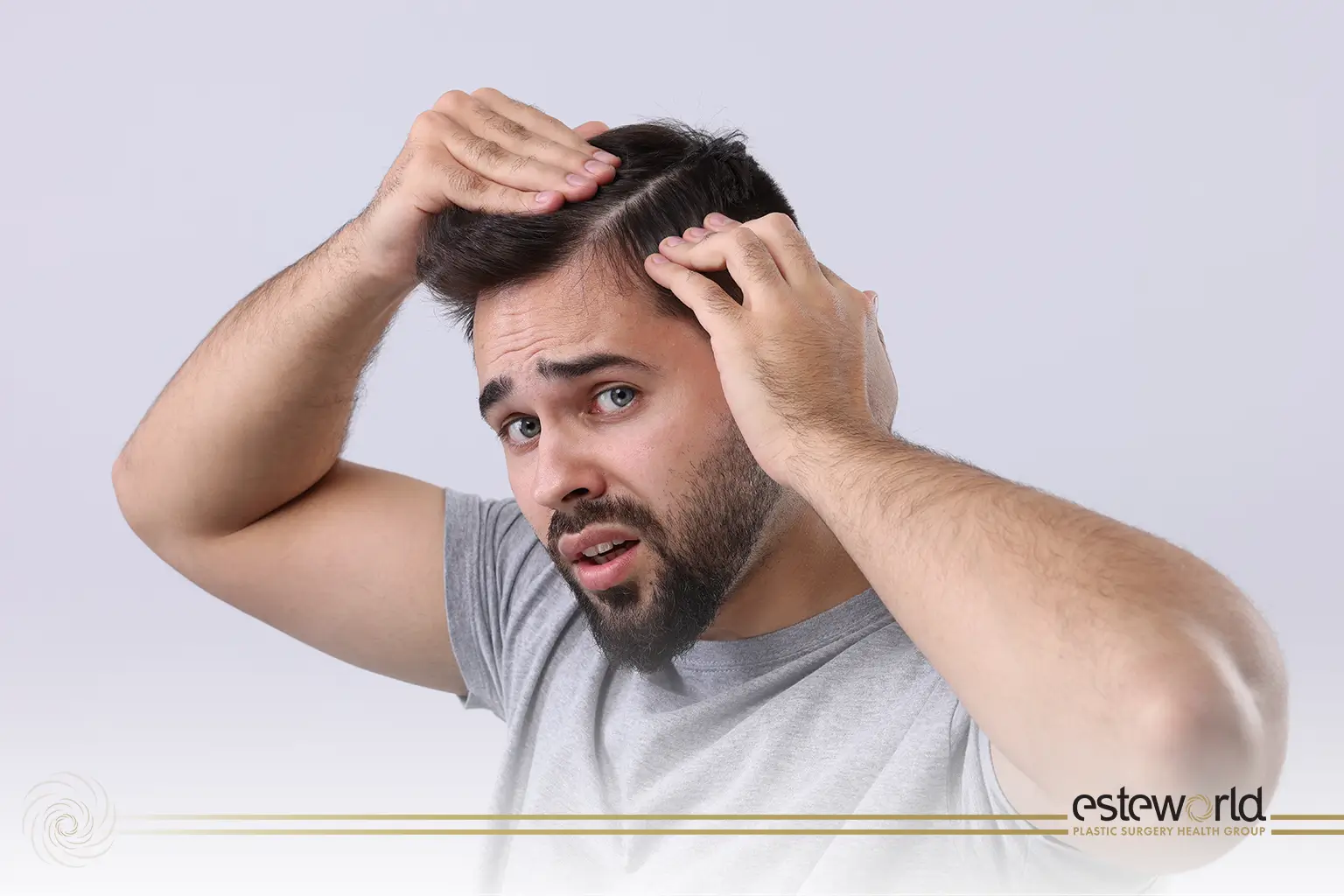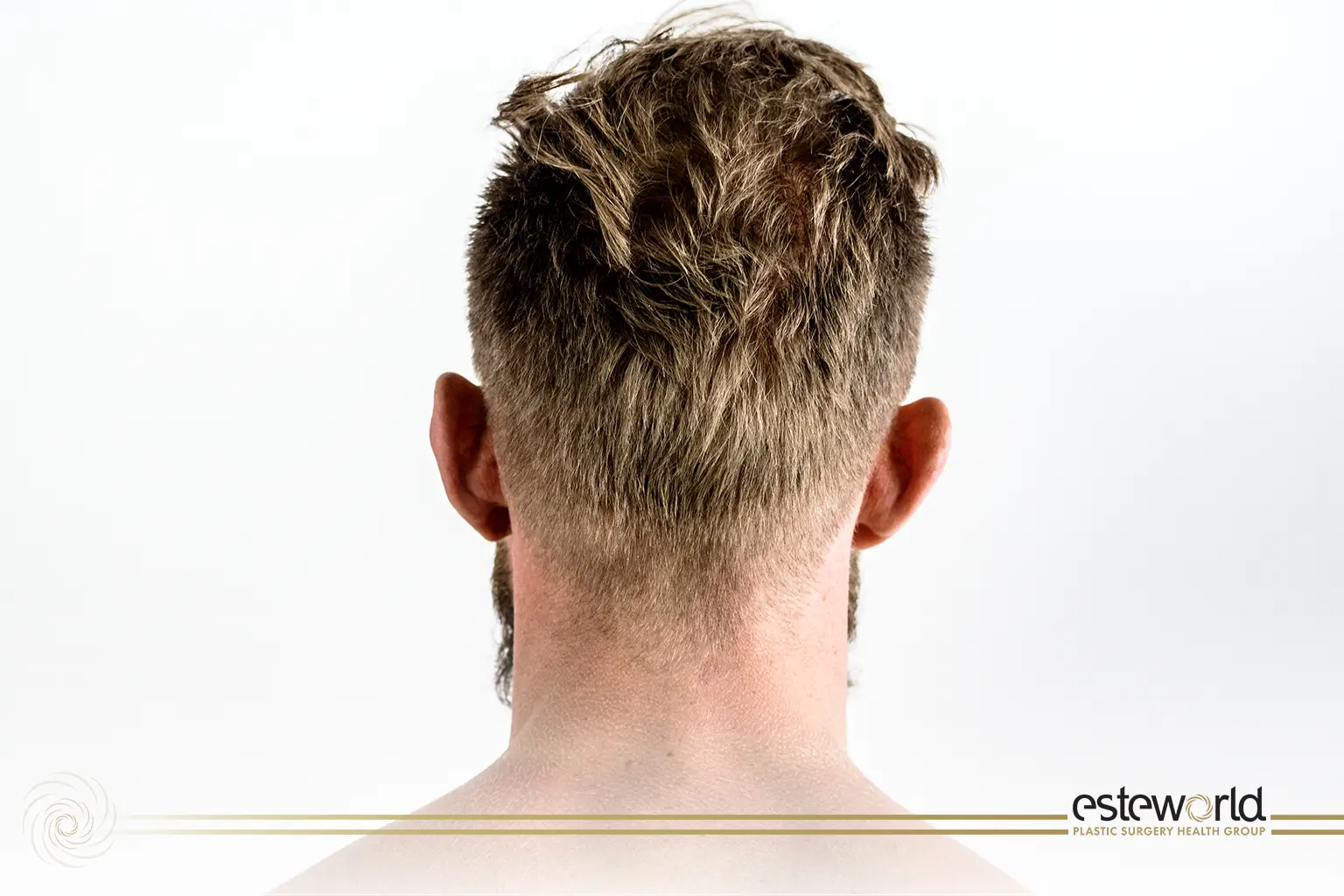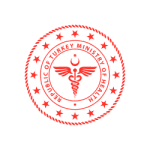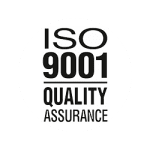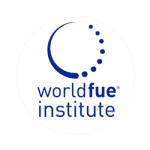Why is Nutrition Important After a Hair Transplant?
A balanced diet is essential after a hair transplant, as it provides the nutrients needed to support recovery and stimulate new hair growth. Proper nutrition helps the body heal faster, reduces the risk of inflammation, and strengthens the transplanted hair follicles. Nutrient-dense foods rich in vitamins, minerals, and proteins play a significant role in enhancing the effectiveness of the transplant and ensuring long-term results. In this article, we’ll explore the key nutrients needed after a hair transplant and suggest foods to incorporate into your post-surgery diet.
Essential Nutrients for Hair Growth and Recovery
Several nutrients are vital for promoting hair growth and supporting recovery after a hair transplant. Protein is the primary building block of hair, so consuming adequate protein from sources like lean meats, fish, eggs, and legumes is crucial. Vitamins such as Vitamin C, Vitamin E, and Vitamin A contribute to collagen production, improve circulation, and protect hair follicles from damage. Minerals like zinc and iron support scalp health and reduce hair shedding. Omega-3 fatty acids, found in fatty fish, chia seeds, and walnuts, also help reduce inflammation and support scalp health. Ensuring you get these nutrients can enhance the overall success of your hair transplant.
Foods to Include in Your Post-Transplant Diet
To aid recovery and boost hair growth, incorporate nutrient-dense foods into your diet. Lean proteins like chicken, fish, eggs, and beans provide essential amino acids for hair strength. Fruits and vegetables, particularly those rich in antioxidants, like berries, spinach, and carrots, help reduce inflammation and protect against oxidative stress. Whole grains, such as quinoa and oats, provide B vitamins and zinc, which are essential for hair health. Additionally, nuts and seeds, like almonds and flaxseeds, offer healthy fats and Vitamin E. Avoid processed foods and sugary snacks, as these can increase inflammation and hinder the recovery process.
Hydration and Lifestyle Tips for Optimal Results
Staying hydrated is key to supporting your body’s natural healing processes and promoting scalp health. Aim to drink at least 8 glasses of water daily to keep your scalp hydrated, which aids in reducing dryness and irritation post-transplant. Avoid alcohol and caffeine in the initial recovery phase, as they can dehydrate the body and potentially interfere with the healing process. Maintaining a healthy lifestyle, including regular exercise (after the recommended recovery period), adequate sleep, and stress management, can also help enhance the results of your hair transplant and support overall well-being.
